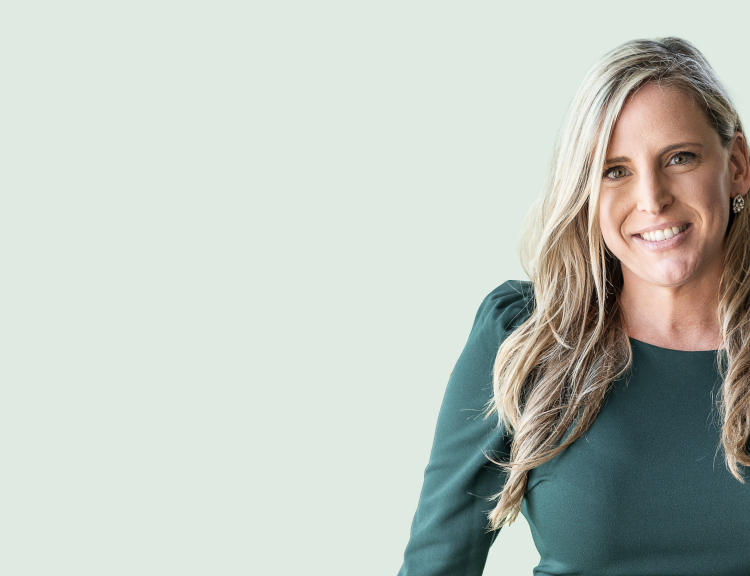
Realizing you’re in a toxic relationship is the first step in a difficult journey. Once you determine that you have a manipulative or controlling partner, the next step is leaving. Doing so is often easier said than done. Still, you can do it, and it’s worth it for your physical and mental health.
If you decide to leave any toxic relationship—partnership, marriage, kids, no kids—resources are available to help you safely succeed. This article contains guidance on how to leave, including professionals who can support and advise you and specific steps to take.
Signs of a toxic relationship
It’s sometimes hard for people in toxic relationships to recognize how unhealthy their situation is. Knowing the common red flags may help you see the problem more clearly. Possible signs of a toxic marriage include:
- Physical abuse
- Emotional abuse
- Controlling behavior
- Constant criticism
- Violations of privacy
- Lack of respect
- Guilt-tripping
- Stalking or tracking location
- Manipulation
- Ignoring boundaries
- Infidelity
- Depression
- Substance abuse
- Jealousy
- Deceit
Most toxic relationships display a number of these warning signs.
It may be helpful to talk through your relationship problems with a close friend or therapist to get another perspective. Toxic relationships are usually easier to spot from the outside.


Get the right lawyer for your divorce
Schedule a free 15-min call with our team today
How to stop being in a toxic relationship
The first step in removing yourself from an unhealthy relationship dynamic is recognizing the toxic situation. For some people, identifying the problem is the hardest step.
Once you acknowledge the unhealthy dynamic, you must make a choice. Many toxic relationships are worth salvaging and can be fixed. However, doing so requires a steadfast commitment from both partners. Therapy and counseling may help.
Sometimes a relationship is beyond saving or not worth the effort. In these cases, it might be best to leave the relationship altogether. If you decide to go this route, devise a specific plan for doing so.
Your plan should account for your own safety, the safety of any children and how you’ll live once separated from the relationship. When creating a plan, consider:
- Where you and your children are going to stay
- How you intend to notify the other person
- When you want to leave
- How to respond to the other person if they react irrationally
- Who you want with you
- Who you can reach out to if you fear for your safety
- Resources you can utilize if you fear for your safety
Set realistic goals that account for potential problems that might arise during your separation. Consulting with friends and professionals such as therapists and attorneys can help you develop your plan. Lastly, if you’re experiencing any relationship abuse, help is available.
When it’s time to execute the plan, be prepared for any conflicts and lean on any support mechanisms you have. Leaving a toxic partner can be difficult, but there is light and freedom at the end of the tunnel.
How to leave a toxic relationship with a child involved
Children make leaving a toxic relationship more difficult. They also make doing so much more important. Witnessing or participating in a toxic relationship hinders a child’s development and changes how they might interact with others.
Toxic people often use children as a bargaining chip to maintain control of their former partners. Many people choose to find legal representation for an added layer of protection. An attorney can point you toward useful resources and help you get a protective order or take any other relevant legal actions to protect yourself and your children.
Tips for leaving a toxic relationship
Leaving a toxic relationship is often difficult. Consider the following strategies to help protect your well-being and increase the likelihood that you follow through with your decision.
Keep track of your emotions
Being mindful (or even keeping a written log) of your emotions may help you handle them and avoid becoming reactive. You may notice patterns or that specific triggers set you off. With that information, you can try mindfulness practices like deep breathing or create plans to avoid or deal with triggering situations. Having a clearer mind may help during this challenging time.
Distance yourself from guilt
Many toxic individuals lash out if a partner tries to leave. They might bring up old issues or frame the breakup as you attacking them in an attempt to control you. Realize that this dynamic itself is toxic. You shouldn’t feel guilty for doing what’s best for yourself and leaving a harmful situation.
Identify and focus on the positives of leaving
Make a list of all the positive aspects of leaving, like things you’re excited about or new opportunities that might arise. Focusing on the benefits can help you through the tougher aspects of leaving the relationship.
Cultivate and lean on your support system
Close friends, family, professionals and local support groups may provide different types and levels of support as you work to leave the toxic relationship. Turn to those you trust and can speak openly with.
Reduce or eliminate contact with your partner
Excessive contact with a toxic partner usually makes matters worse. If you can, eliminate contact altogether. If there are kids or other reasons you must interact with them, try to limit contact as much as possible.


Get the right lawyer for your divorce
Schedule a free 15-min call with our team today
Remain strong and committed
Following through may be the most challenging part of leaving a toxic situation. There may be moments when leaving feels like a bad idea, and you may be tempted to backtrack. Try to push through these moments and be confident that going is the right decision.
Seek help from professionals
Professionals like therapists and divorce attorneys have experience guiding people through similar situations. They’re familiar with helpful resources and will provide personalized advice to address all of your concerns.
When to speak with an attorney
Given how difficult it may be to leave a toxic relationship, consider working with an experienced family law attorney. For one, they understand the laws as well as how judges think, so they can present your case in the best light for you. For another, they can help you file for a restraining order and file charges against your former partner when necessary. You may find that hiring a lawyer is reassurance that you’re doing all you can to keep yourself safe and protect your rights while you extract yourself from the situation.
